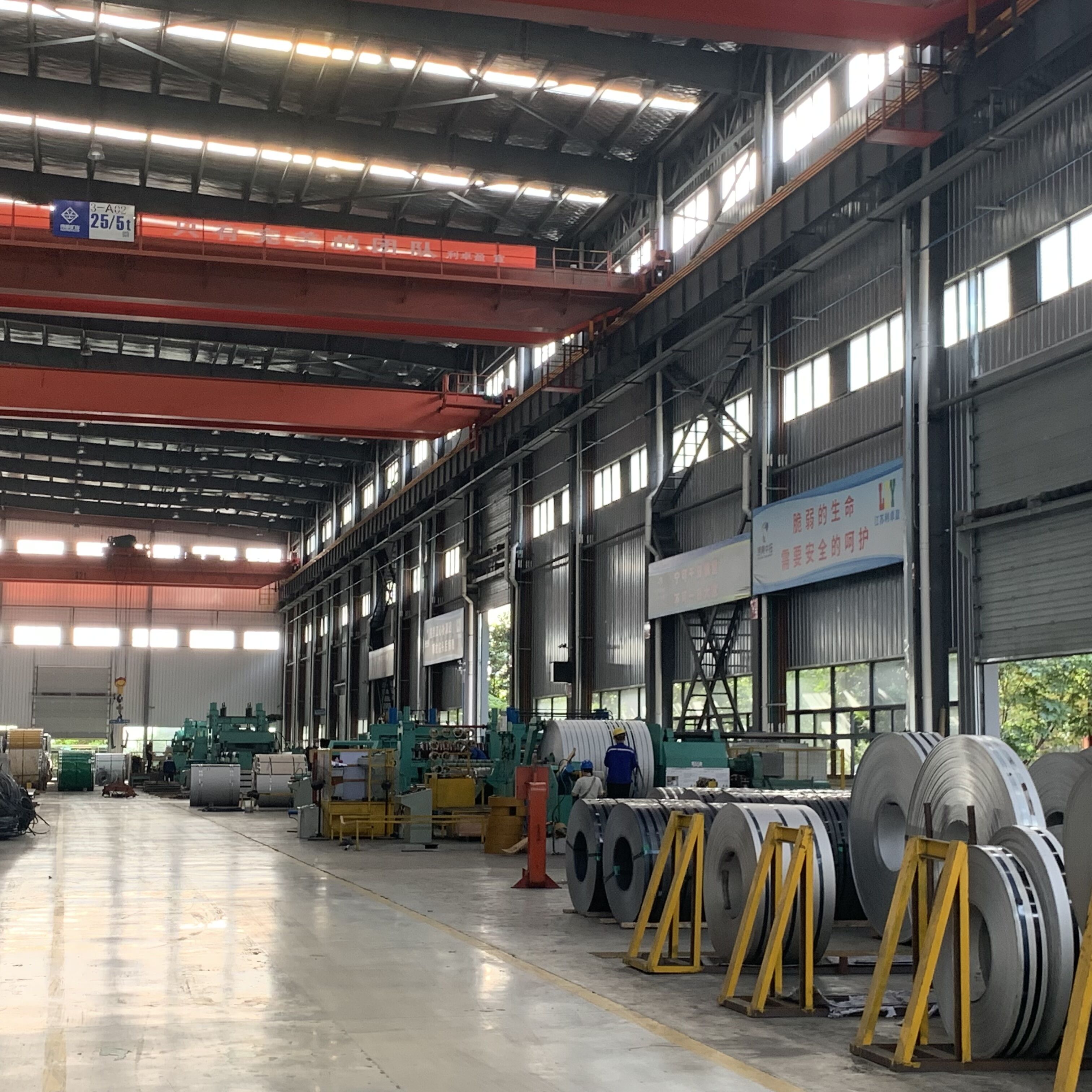The manufacturing and fabrication industry has witnessed remarkable evolution over the decades, with materials playing a crucial role in determining project success. Among these materials, stainless steel coil stands out as an exceptional choice that continues to revolutionize manufacturing processes across diverse sectors. From automotive components to architectural elements, this versatile material has become indispensable for fabricators and manufacturers worldwide.
The inherent characteristics of stainless steel coil make it a preferred choice for countless applications. Its combination of durability, corrosion resistance, and aesthetic appeal creates a perfect balance of functionality and visual appeal. As industries continue to demand higher quality standards and sustainable solutions, stainless steel coil emerges as a material that consistently meets and exceeds these requirements.
When it comes to structural integrity, stainless steel coil demonstrates exceptional performance under various conditions. Its high tensile strength enables it to withstand significant mechanical stress without deformation. This remarkable durability translates into longer-lasting products and reduced maintenance requirements, making it a cost-effective choice for long-term projects.
The material's inherent strength also allows for thinner gauges in many applications, resulting in lighter final products without compromising structural integrity. This weight optimization can lead to significant cost savings in transportation and installation while maintaining the robust performance expected from steel products.
One of the most compelling advantages of stainless steel coil is its outstanding resistance to corrosion. The chromium content in the alloy forms a protective oxide layer that self-heals when damaged, providing continuous protection against environmental factors. This natural barrier eliminates the need for additional protective coatings, reducing both initial and maintenance costs.
In aggressive environments where other materials might fail, stainless steel coil maintains its integrity and appearance. Whether exposed to harsh weather conditions, chemical environments, or high-temperature applications, it continues to perform reliably while requiring minimal maintenance.
The malleability of stainless steel coil makes it exceptionally suitable for various forming processes. Manufacturers can easily bend, roll, and shape the material into complex geometries without compromising its structural properties. This flexibility in fabrication opens up endless possibilities for design innovation and customization.
The material's consistent quality and uniform thickness throughout the coil ensure predictable behavior during forming operations. This reliability streamlines the manufacturing process, reduces waste, and enables precise control over the final product specifications.
Working with stainless steel coil offers significant advantages in terms of production efficiency. The continuous nature of coil material allows for automated processing, reducing labor costs and increasing output rates. Modern manufacturing equipment can handle stainless steel coil with minimal setup time, enabling quick transitions between different production runs.
The material's excellent weldability and finishing characteristics further enhance its manufacturing appeal. Fabricators can achieve high-quality joints and superior surface finishes with standard processing equipment, eliminating the need for specialized tooling or extensive post-processing operations.

In today's environmentally conscious market, stainless steel coil stands out for its sustainable properties. The material is 100% recyclable, and most stainless steel products contain a significant percentage of recycled content. This circularity reduces the environmental impact of manufacturing operations and helps companies meet their sustainability goals.
The long service life of stainless steel products further contributes to their environmental benefits. By choosing stainless steel coil, manufacturers can create durable products that require fewer replacements over time, reducing resource consumption and waste generation.
While the initial investment in stainless steel coil might be higher compared to some alternatives, the total cost of ownership often proves more economical. The material's durability, minimal maintenance requirements, and long service life result in significant cost savings over the product lifecycle.
The stability of stainless steel prices and its established market presence also provide manufacturers with reliable cost projections for long-term planning. This predictability, combined with the material's proven performance, makes stainless steel coil a financially sound choice for sustainable manufacturing operations.
Stainless steel coil is available in various grades, with 304 and 316 being the most common. Grade 304 offers excellent general-purpose properties, while 316 provides enhanced corrosion resistance for more demanding applications. Other specialized grades are available for specific requirements such as high-temperature service or increased strength.
Proper storage is essential to maintain the quality of stainless steel coil. The material should be kept in a clean, dry environment away from chemicals and corrosive substances. Coils should be stored horizontally on appropriate supports to prevent deformation and protected from physical damage. Temperature and humidity control can help prevent surface condensation and potential corrosion.
Stainless steel coil is available in multiple surface finishes, ranging from mill finish to highly polished surfaces. Common options include 2B (smooth, reflective finish), BA (bright annealed), and various brushed or textured finishes. The choice of finish depends on the application requirements, aesthetic preferences, and functional needs of the final product.
 Hot News
Hot News2025-01-03
2024-10-23
2024-11-15